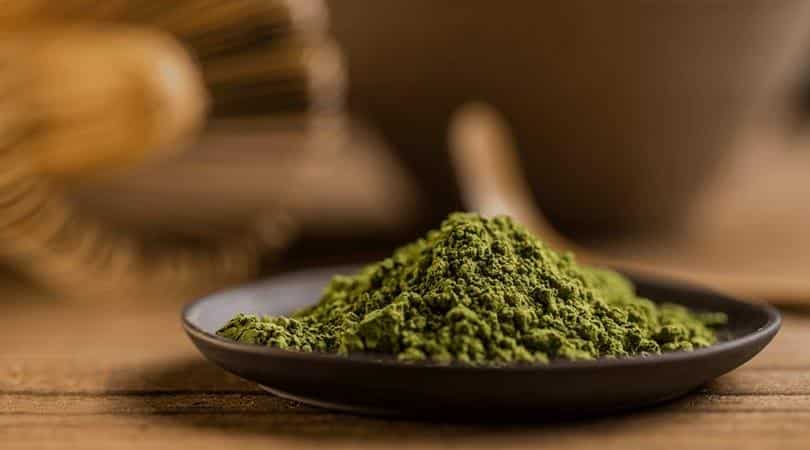The FDA and DEA are pushing for kratom to become a scheduled substance but many people find the plant helpful in alleviating opioid withdrawal symptoms and are lobbying to keep it accessible to everyone. In recent years, the kratom plant has become a controversial topic. It has both supporters and detractors, so it’s important to get to the truth of the matter without any bias. The active ingredient (mitragynine) in kratom is an opioid antagonist, meaning that it has the affinity to bind to opioid receptors in the brain.
When used in high doses, kratom has a narcotic-like effect for many users, similar to taking prescription opioid-based pain pills. Because of this phenomena, many government officials and recovery advocates propose stricter regulation of kratom. However, because anecdotal evidence suggests that kratom is much less addictive than stronger opioids like oxycodone, heroin, and fentanyl, it is a viable alternative to opioid-replacement therapy and during a medical detox.

Table of Contents
Is Kratom Legal?
Often many addicts in early recovery ask if using kratom is a relapse. Therapists and addiction specialists agree that any mood-or-mind altering substance taken for the purpose of achieving a “high” is a relapse. Kratom, when used regularly, will fuel a physical dependency and can lead to a full-blown drug addiction with classic opioid-like withdrawal symptoms. Recently the FDA warned that kratom has similar effects on the brain to traditional opioids such as heroin and oxycodone.
The US government has weighed in on the issue and it’s only made the topic more controversial. The DEA (Drug Enforcement Agency) published a notice in the Federal Registrar on August 31, 2016, that explained the agency’s intent to schedule kratom as a controlled drug. The notice was withdrawn shortly on October 13, 2016, because of the public outcry and need for more studies, research, and information on the subject.
Is Kratom Addiction Real?
For now, kratom is not federally banned in the United States, although many states have passed restrictions on the use and possession of this drug. Using kratom, for the wrong intentions, is certainly a relapse and will result in consequences for addicts that are receiving addiction treatment or are in a sober living environment. These places often have a zero-tolerance policy for using any substance that is mood-or-mind altering.
Does kratom have potential to be a safer alternative to synthetic prescription opioid pills? Absolutely. However, it can be used for the wrong reasons and is proven to be addictive. Here at Long Island Interventions, we’ve dealt with addicts struggling with kratom addictions that are almost indistinguishable from other opioids. Uncomfortable withdrawal symptoms begin soon after you stop using kratom regularly, and can include:
- Depression
- Anxiety
- Restlessness
- Nausea
- Sweating
- Muscle aches
- Diarrhea
If you’ve used kratom once and you’re in recovery, it’s ultimately up to you to decide whether it’s a true relapse. If you’re regularly using kratom, it’s possible that you’re already hooked on the drug. Whether you or a loved one are struggling with kratom abuse or opioid addiction, it’s important to get help as soon as possible.
About Long Island Interventions
Whether it’s for yourself or a loved one, our recovery advocates can help you find the appropriate treatment center for your situation. Many people who develop a substance use disorder find it very difficult to stop using without professional help. If you or someone you know is abusing kratom and needs help, give our interventionists a call today to learn more about how we be of assistance.
We can help you recover safely.
Published on: 2018-02-14
Updated on: 2025-06-05

